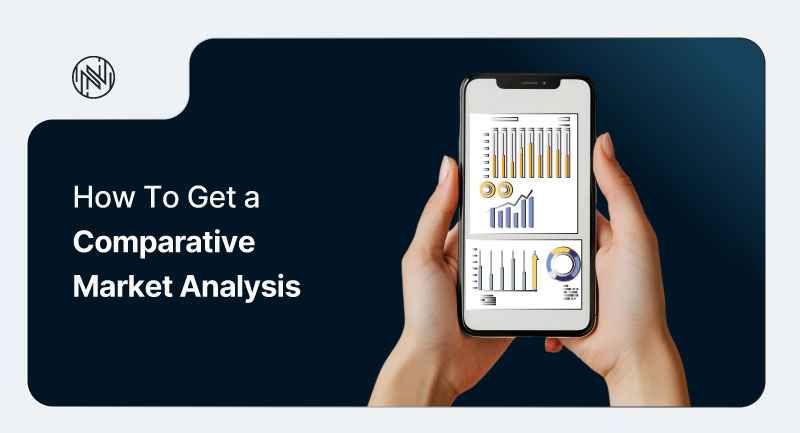How to Get A Comparative Market Analysis
A comparative market analysis (CMA) is an analysis method used to establish the market value of an asset by measuring similar assets that have recently been sold, valued, or acquired on the same market.
It can be obtained through collaboration with an industry expert, market analyst or consultant for formal valuation, or by reading yourself from a series of public financial statements and other industry databases and market intelligence platforms.
What Is a Comparative Market Analysis (CMA)?
A comparative market analysis, or CMA, is a detailed report and process used to determine the market value of an asset by comparing it to other similar assets that have been recently sold or valued. While commonly discussed in real estate, these principles are universally applicable when valuing business units, intellectual property, equipment, and even entire companies.
It is a ground-level piece of market research that helps sellers to decide a competitive price, enables buyers to make a fair offer, and gives stakeholders a realistic view of the worth of an asset in the current market
Why Your Business Needs a Comparative Market Analysis
A comparative market analysis is not just about getting a price tag; it aims to provide a deep understanding of the market that can help inform strategy and plan for growth. For start-ups and small-to-medium-sized companies, a CMA is essential for raising capital and is crucial in demonstrating to potential investors the value of the company’s assets.
It also aids in determining market trends, competitors’ pricing tactics, and making data-driven choices on acquisitions or liquidations.
A Step-by-Step Guide to Your Own Comparative Market Report
You can hire professionals, or doing your own analysis is a powerful way to get a granular understanding of the market. The following is the comprehensive approach recommended by the experts at Nexus Expert Research.
Gather Detailed Information on Your Asset
The first thing that is required is to know your subject asset inside and out. Gather all relevant information such as its size, age, condition, location, special features and improvements or upgrades done over time.
Identify Comparable Assets (Comps)
The core of a CMA is the “comps” which are recently sold, purchased, or valued, similar assets. The trick is to identify comps from the same industry or market segment that have been involved in the last two years. Search for valuables that have essential similarities to your own.
This data can be accessed from public financial filings, industry reports, M&A databases, and business journals.
Compare and Adjust for Differences
You can use a spreadsheet to compare your asset to each comp – feature by feature. If your asset’s quality is superior (in this case, stronger brand recognition or a larger customer base), then you will adjust its estimated value upward compared to the comparable asset.
Calculate the Final Estimated Value
After the adjustments, an estimate for the market value can be determined. A common approach is to look up an average valuation multiple for your comps (price-earnings or revenue multiple, for example) and apply it to the metric of the asset so that it is being valued (its earnings/revenue).
For more complex valuations, a company such as Nexus Expert Research should be consulted in order to achieve the precision required.
Comparative Market Analysis vs. Formal Valuation
It is essential to distinguish between a comparative market analysis and a formal business valuation.
| Feature | Comparative Market Analysis (CMA) | Formal Valuation |
| Purpose | To determine a competitive market price for buying, selling, or strategic planning . | To determine the precise value of an asset for legal, tax, or lending purposes . |
| Performed By | Business owners, market analysts, or industry experts. | A Certified Valuation Analyst (CVA) or another accredited appraiser . |
| Outcome | An estimated price range based on current market trends and comparable transactions . | A formal, legally defensible opinion of value . |
| Use Case | Informing pricing strategy, negotiations, and internal decision-making . | Securing loans, financial reporting, and M&A transactions . |
Conclusion: Turn Market Data into Your Competitive Edge
A comparative market analysis is a skill that enables leaders to make informed decisions based on data. By carefully assessing your assets against the market, you will gain the clarity necessary to price at the optimal level, negotiate a better result, and set your business up to optimize its growth dynamic.
Whether you use it as a DIY tool or work with a professional, communicating comparative market data to target their particular needs is a game-changing instrument that is frequently useful in gaining strategic knowledge and implementing your company’s target.
Need a deeper analysis? Contact Nexus Expert Research for a professional comparative market report tailored to your business needs.

